As an example, I created an agent called “alphanumeric” because it will accept any alphanumeric value I send following the next steps:
- Check the box regexp entity
- Add a single entry, ^[a-zA-Z0-9]{3}[a-zA-Z0-9]*$
- Then save it
Your agent should look something like this:

Please note that the regexp entity I added is strict in that it is looking only for a string of alphanumerics, without any spaces or dashes. This is important for two reasons:
This regexp follows the auto speech adaptation requirements for enabling the "spelled-out sequence" recognizer mode.
By not looking for spaces and only looking for entire phrases (^...$), you allow end-users to easily exit the sequence recognition. For example, when you prompt "what's your order number" and an end-user replies "no I want to place an order", the regexp will reject and Dialogflow will know to look for another intent that might match that phrase.
If you are only interested in numeric values, you can create a more tailored entity like [0-9]{3}[0-9]*, or even just use the built-in @sys.number-sequence entity.

